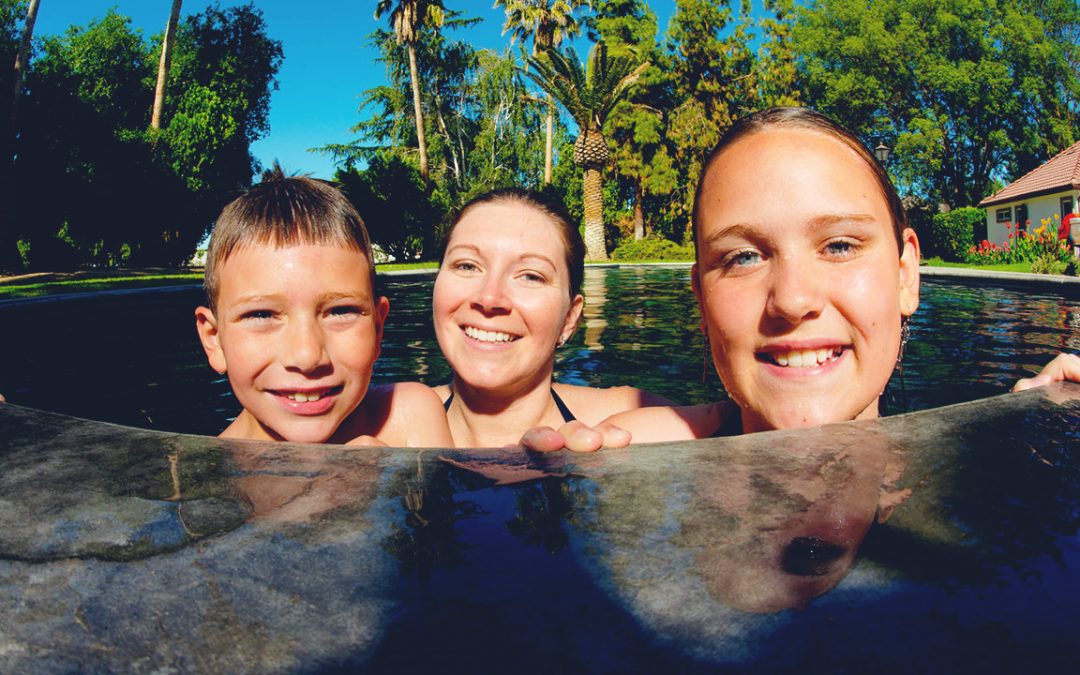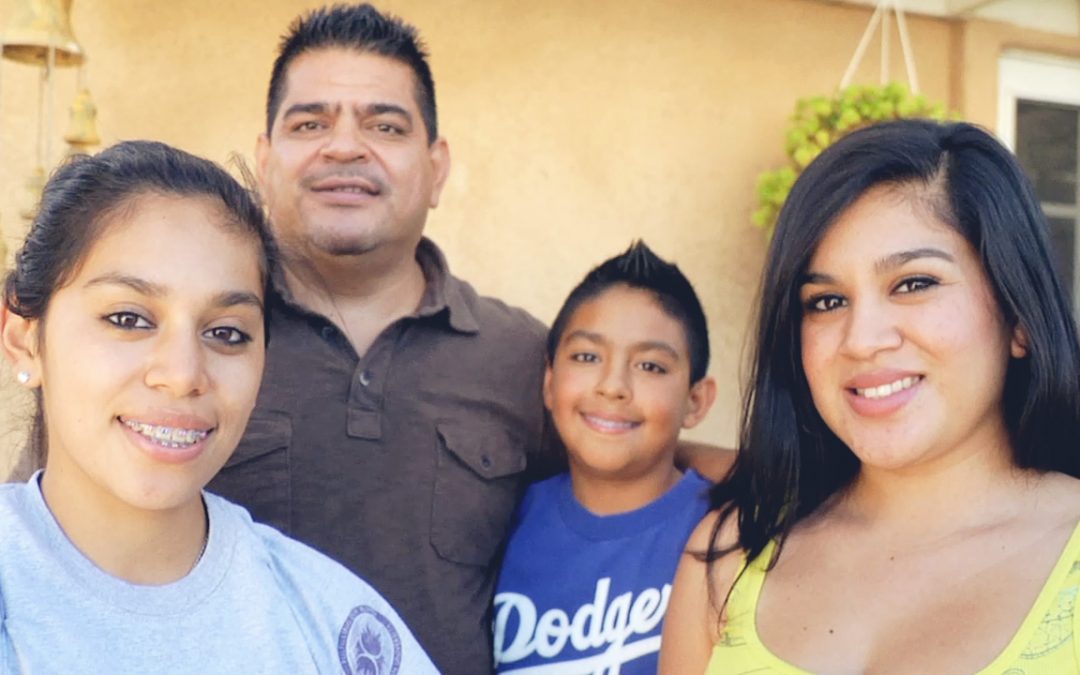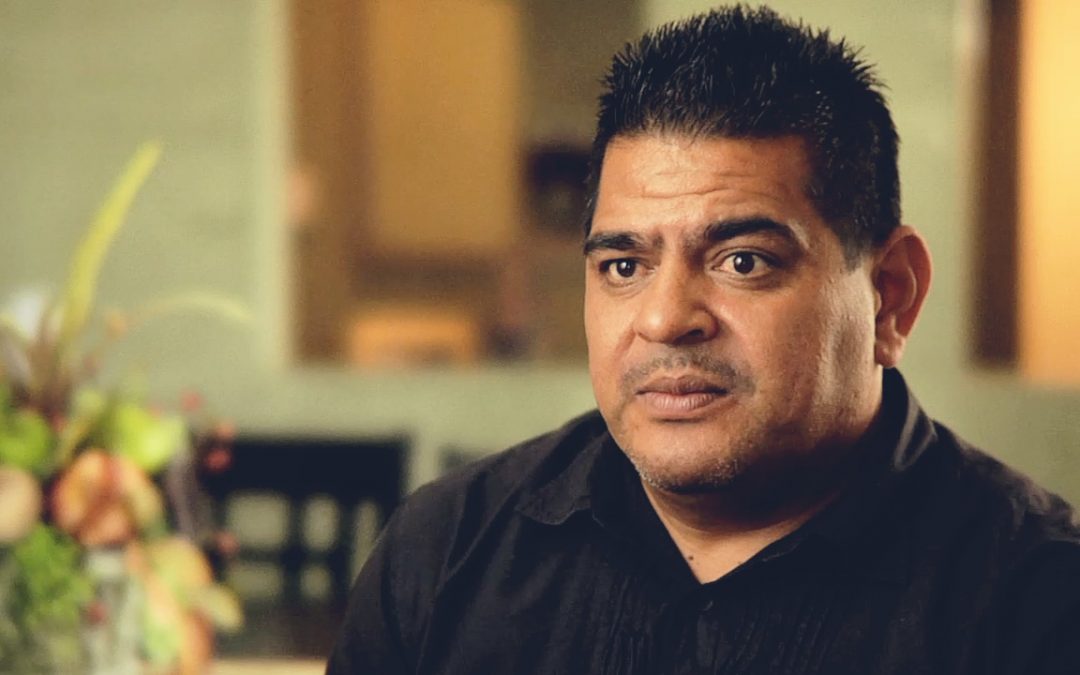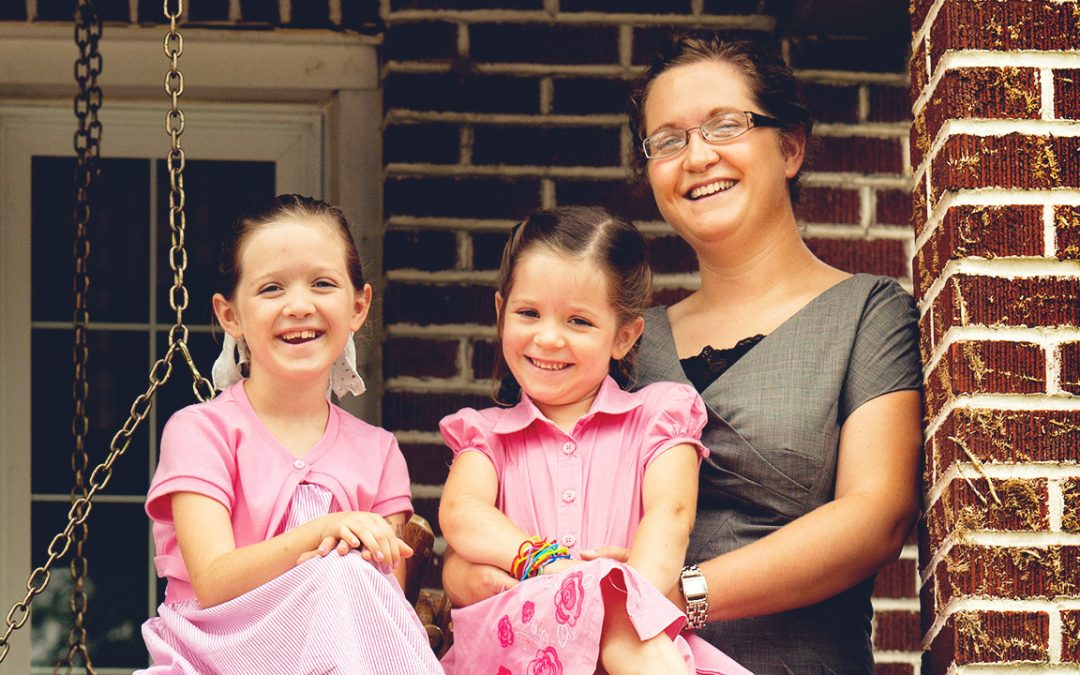
Keeping a Family and a Business Afloat
Just six months later, friends introduced Brigette to Anthony. She wasn’t looking for a relationship, but Anthony was persistent. “He could sell snow to an Eskimo,” Brigette says. They married and soon opened their own electrical business. With the business and three children to support, the couple bought small life insurance policies. Lisa Rinehart, an insurance professional who met them several years later, determined that they needed considerably more life insurance, and helped them through the buying process.
A year later, Anthony found a bump on his chin. He had recently walked through a spider web at a job site and assumed it was a bite. But it didn’t go away, and Anthony learned it was melanoma, a cancer he had battled as a teenager. It soon spread to his lungs, brain and bones.
Still wanting to provide for his family, Anthony invoked a provision in one of his life insurance policies that allowed him to access a portion of the death benefit, due to his terminal diagnosis. With that money, the Hunters were able to buy a nicer home while he was still alive. He oversaw renovations and was able to spend a month in the house before he died at 34.
The remaining money from Anthony’s policies helped Brigette pay off medical bills and meet her household expenses. It also kept the business afloat. She could make payroll and pay vendors while she and her foreman reassured clients that the business would continue. “Without the money I would have had to close,” she says.




